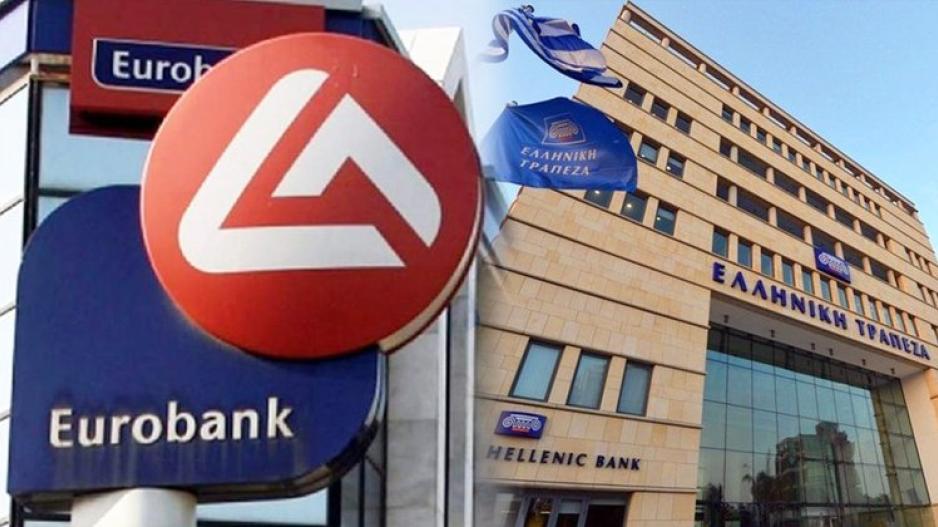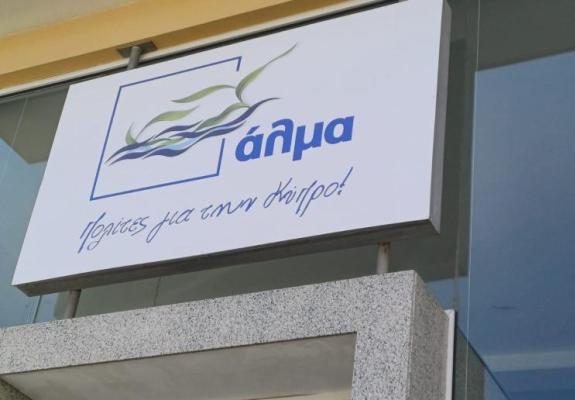Eurobank's Priorities Ahead of the Merger with Hellenic Bank – When to Expect the Exit Scheme
Merger to Be Finalized by 2025, Including Legal and Operational Integration
Eurobank has outlined its roadmap for completing the merger (or absorption) of Hellenic Bank, which is expected to be finalized before the end of 2025.
According to a senior executive of the bank speaking to Brief, the voluntary exit scheme for Hellenic Bank employees is the final step in Eurobank’s business plan for the merger. However, the priority, they noted, is not opening the exit doors for staff but focusing on the bigger picture: the merger process.
The process will officially begin next month, six months after the acquisition of significant share packages from Demetra Investment and the ETYK cohesion funds.

As per the official disclosure, the following steps will take place:
-
Transaction Approval: Once the transactions are ratified, Eurobank’s shareholding in Hellenic Bank will increase to 93%.
-
Public Offer: A public offer will then be made to the remaining shareholders who collectively hold 7% of the shares. These shareholders can either sell at the offered price of €4.58 per share—similar to the price paid to Demetra and ETYK—or retain their shares.
-
Squeeze-Out Procedure: If shareholders choose not to sell, Eurobank will initiate a squeeze-out process to acquire 100% of the share capital.
Following the squeeze-out, the legal merger process will commence, consolidating the two separate entities—Eurobank and Hellenic Bank—into one entity under the name Eurobank Cyprus.
The next critical phase will involve the operational merger, integrating the banks' systems and workforce. This phase is vital for unifying operational platforms and ensuring a seamless transition into a single entity.
It should be noted that the legal merger will require court approval before it can proceed.
Throughout the acquisition process, it has been emphasized that a voluntary exit scheme will likely be implemented as part of cost-reduction efforts. While discussions with the union have not yet taken place, the scheme is expected to follow established practices in the banking sector.
Supervisory authorities continue to push banks to reduce both labor and operational costs. Domestic banks in Cyprus face some of the highest labor costs compared to their European counterparts.






